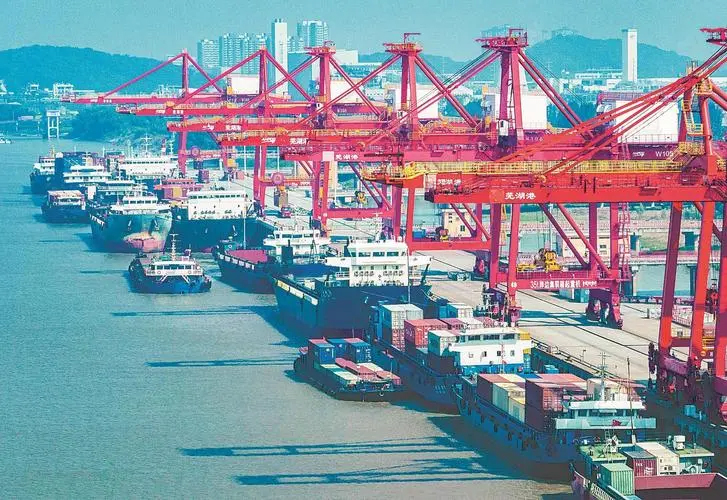Auckland Port will develop and operate a bulk carrier terminal
The members of the Auckland Port Committee have approved a change to the agreement with Eagle Rock Aggregates, which will develop and operate a bulk carrier terminal at Auckland Port.
In particular, these changes stem from the resolution of lawsuits filed by the West Oakland Environmental Indicators Project (WOEIP) and the California Attorney General's Office. The lawsuit states that when the US port approved the terminal in 2022, it did not fully evaluate and mitigate the air pollution impact of the terminal.

The Port of Auckland stated that the agreement will allow for the bulk transportation of sand and gravel for the concrete industry, while ensuring that the port's bulk transportation business prioritizes sustainable and community-based development.
In addition, the agreement reached with the West Auckland Environmental Indicators Project will take measures to strengthen the mitigation of potential impacts on bulk cargo terminals, reduce emissions from bulk cargo ships through the use of shore power, accelerate the use of fully electric or other zero emission equipment, and ensure community participation and future environmental protection. Construct berth power sockets and require regular reporting to ensure compliance with community supervision of dock operations.
In addition, for many future port projects, California ports will prepare a new air quality analysis based on current data, rather than relying on the 2002 Oakland Army Base Environmental Impact Report.
Once put into operation, the bulk carrier terminal will import up to 2.5 million tons of high-quality washed concrete sand and aggregates annually. These products will be used for concrete production in both public and private projects throughout the region.
The Ocean Bulk Terminal will cover an area of approximately 72800 square meters at Port 20-22 in Auckland, and an additional area of 12140 square meters at Port 22 for ship operations. The approved lease has an initial term of 12 years and will expire on June 30, 2035.
Margaret Gordon, co director of WOEIP, commented, "This solution is another step in the right direction to protect the health and well-being of people 'across the highway' from the port. We look forward to the Port Committee's efforts to protect our community from harm when considering future port expansion projects
